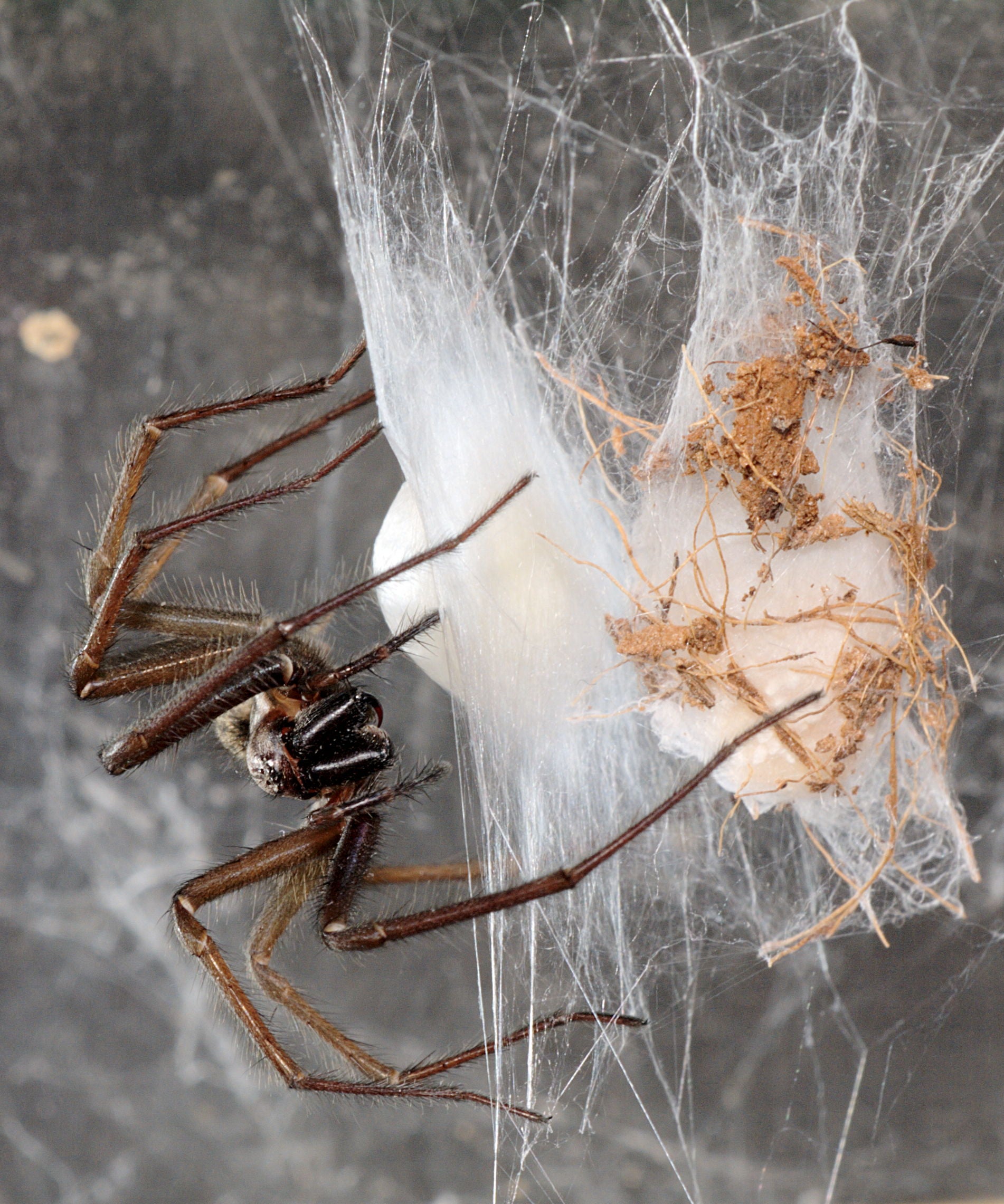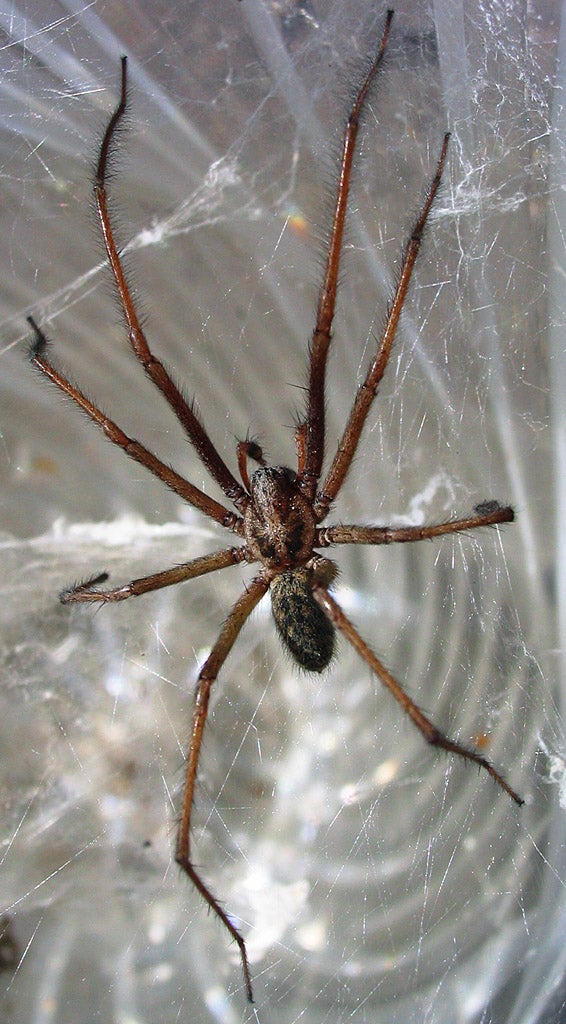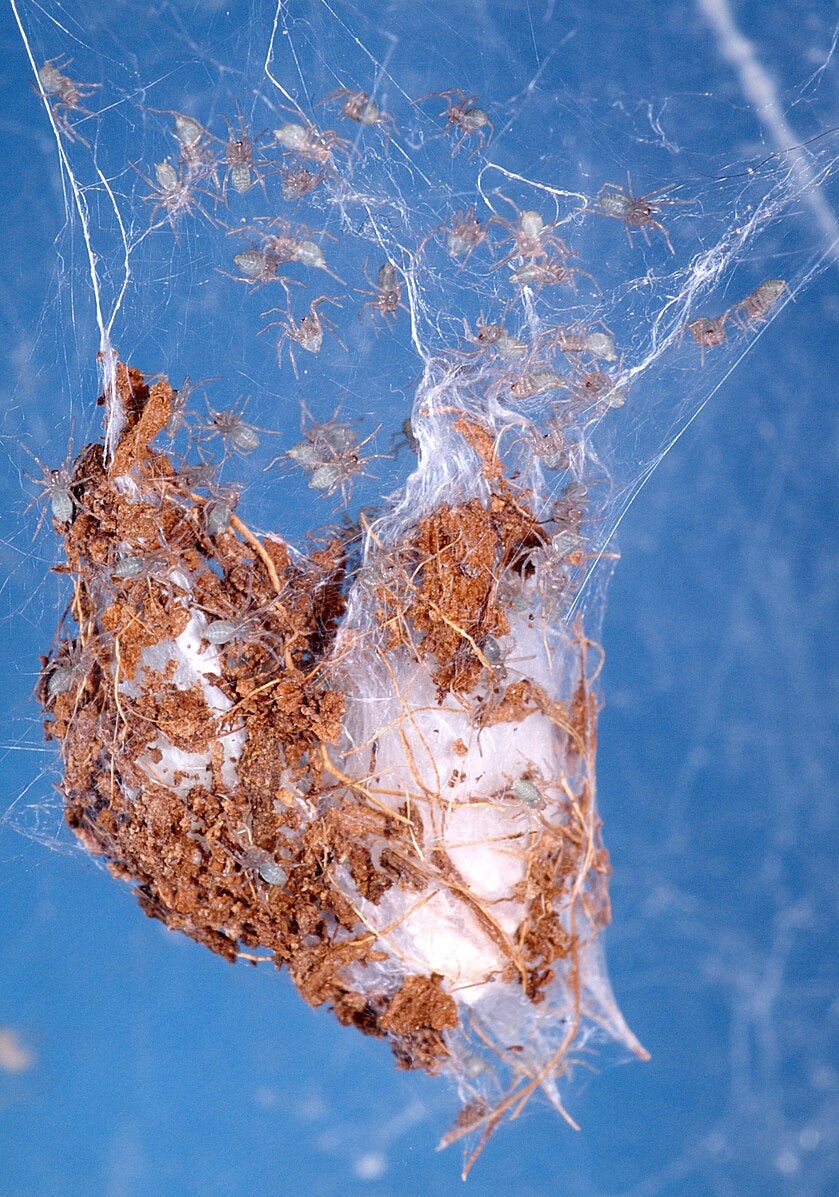Giant house spiders set to invade homes across UK as species enters mating season
Found hiding behind the fireplace or in the bath, giant house spiders are preparing to enter homes across the UK as mating season begins
Your support helps us to tell the story
From reproductive rights to climate change to Big Tech, The Independent is on the ground when the story is developing. Whether it's investigating the financials of Elon Musk's pro-Trump PAC or producing our latest documentary, 'The A Word', which shines a light on the American women fighting for reproductive rights, we know how important it is to parse out the facts from the messaging.
At such a critical moment in US history, we need reporters on the ground. Your donation allows us to keep sending journalists to speak to both sides of the story.
The Independent is trusted by Americans across the entire political spectrum. And unlike many other quality news outlets, we choose not to lock Americans out of our reporting and analysis with paywalls. We believe quality journalism should be available to everyone, paid for by those who can afford it.
Your support makes all the difference.Giant house spiders are preparing to invade homes across the UK as the species enters its mating season.
Found hiding behind the fireplace or in the bath, giant house spiders – also known as Eratigena Atrica - are particularly prevalent during autumn as mating season begins.
Males begin to look out for females to partner up with, staying with their chosen ones for weeks at a time and mating “numerous” times until they die. At this point, they’re eaten by their female partner.

Often seen scurrying across rooms after the light is turned on, female house spiders can survive for several years, and both males and females can live for months without eating or drinking, according to The Wildlife Trusts.
With 650 species of spider across the UK, the majority are too small to bite. Though the domestic house spider and the giant house spider rarely bite, they’re infamous for their size and speed, with a leg span growing up to 7.5cm.
Among the largest spiders in central and northern Europe, the giant house spider is typically dark brown with three lighter spots towards the head. The same colour as the domestic house spider, the female body size can reach 18.5mm whilst males are slightly smaller, at between 12 and 15mm.
Spotted across the UK, giant house spiders are particularly fond of warmer areas including East Anglia, Gloucester and Birmingham, Glenlivet Wildlife reports.

“There’s nearly always a way to get in the house, they can also come in through things like towels that are left outside. Keeping your house tidy and keeping clothes off the floor may reduce places for them to hide, but it’s very difficult to keep them out”, Professor Adam Hart, Entomologist at the University of Gloucestershire, told The Manc, reassuring that UK house spiders are relatively “harmless.”
Oils can also be used to deter spiders, with citrus family scents including orange, lemon and lime particularly powerful, as is peppermint oil.

Property expert Paul Gibbens told MailOnline that reducing clutter is key to stopping the giant house spiders from entering the home.
“Spiders love hiding places. Reduce clutter in basements, garages, and other storage areas to avoid infestations”, Mr Gibbens said, adding that trimming trees and shrubs so that they don’t touch the outside of the home prevents spiders from using these as “bridges” through which to enter.





Join our commenting forum
Join thought-provoking conversations, follow other Independent readers and see their replies
Comments